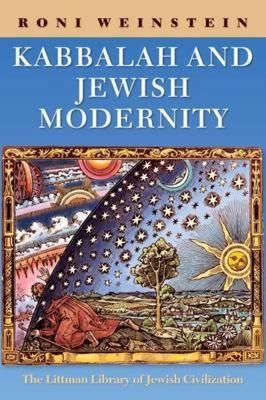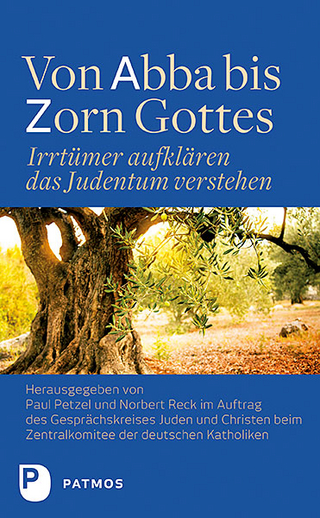
Kabbalah and Jewish Modernity
Liverpool University Press (Verlag)
978-1-83764-054-6 (ISBN)
These innovations originated mainly in the city of Safed in Galilee. They were introduced by kabbalistic adepts, but would not have gained broad acceptance if they had not made sense to people in terms of their everyday lives. The kabbalistic corpus that emerged should thus be interpreted not just as the elaboration of a secretive literary tradition, but as a response to the needs of Jewish society in its manifest historical context. In addition, Roni Weinstein argues, these kabbalistic innovations were partly a response to changes in the Catholic world-view, revealing an intimate link with Counter-Reformation Catholicism that is explored here for the first time. The religious and political changes taking place in contemporary Ottoman settings also contributed to these changes.
The effect of these developments on Jewish culture was nothing short of revolutionary, deeply affecting people’s lives at the time and also laying the foundations for change in future generations. Yet they were not presented as revolutionary: the early modern kabbalists understood that they would only succeed in spreading their message if they presented their doctrines as the natural continuation of what went before.
Weinstein’s sociological reading of mystical texts encompasses a number of methodological innovations, including the need to consider the impact of the non-Jewish environment in the fashioning of Jewish texts. He sees the emergence of ‘Jewish modernity’ as the result of developments that were intrinsically Jewish rather than as a response to outside influences during the Enlightenment; controversially, he therefore places its origins in the Mediterranean world of the late sixteenth century rather than in eighteenth-century Berlin. His argument is based on a wide range of Jewish sources—including theological tracts, kabbalistic and ethical literature, hagiographies, mystical diaries, halakhic rulings and responsa, and community and confraternal regulations—as well as the testimonies non-Jewish travellers, and Catholic religious literature. This stimulating new reading of the development of kabbalistic texts and practices opens a new chapter in the understanding of Jewish modernity. The Hebrew edition of this book was awarded the Goren-Gottstein Prize for the Best Book in Jewish Thought 2010–2012.
Roni Weinstein teaches at the Hebrew University of Jerusalem and has published extensively on various aspects of Jewish life in Renaissance and early modern Italy. In recent years he has been researching processes of modernization among the Jews of the Mediterranean basin, and particularly as related to migration, religious reform, mystical activity, halakhic innovations, and the spread of new ideas.
Note on Transliteration
Introduction: A Social Historian Looks at Early Modern Kabbalah
1A New God: The Theological Innovation
2Like Giants on the Shoulders of Dwarfs: The Rise of the Jewish Saint
3Religious Confraternities
4‘From my body I shall envision God’: The Body and Sexuality
5Sin and Repentance: The Jewish Confession
6Another God. Catholic Tradition in Safed Kabbalah: The Sephardi--Conversos Link
7Summary: Kabbalah of Safed and Modernity
Bibliography
Index
| Erscheinungsdatum | 20.02.2024 |
|---|---|
| Reihe/Serie | The Littman Library of Jewish Civilization |
| Verlagsort | Liverpool |
| Sprache | englisch |
| Maße | 156 x 234 mm |
| Gewicht | 368 g |
| Themenwelt | Geisteswissenschaften ► Religion / Theologie ► Judentum |
| ISBN-10 | 1-83764-054-8 / 1837640548 |
| ISBN-13 | 978-1-83764-054-6 / 9781837640546 |
| Zustand | Neuware |
| Haben Sie eine Frage zum Produkt? |
aus dem Bereich


